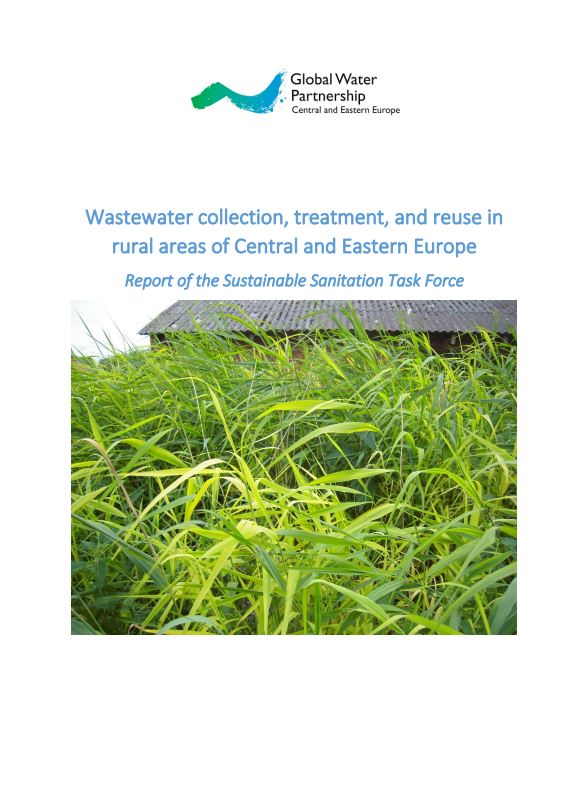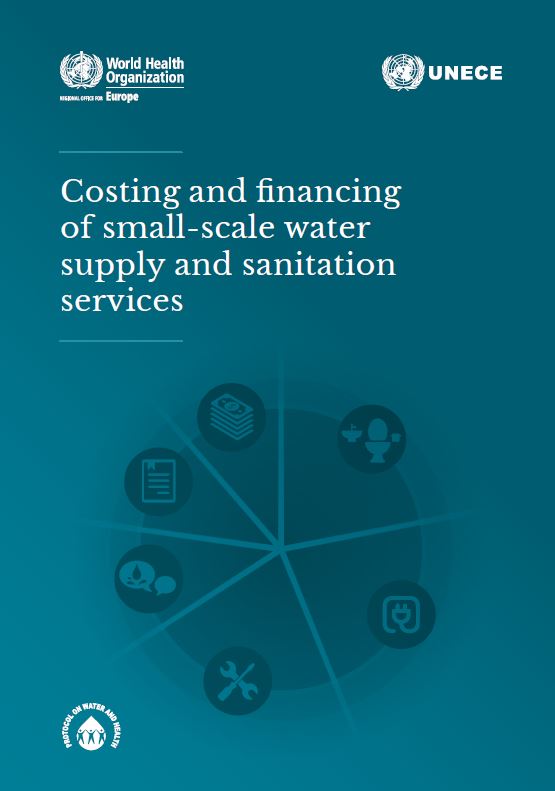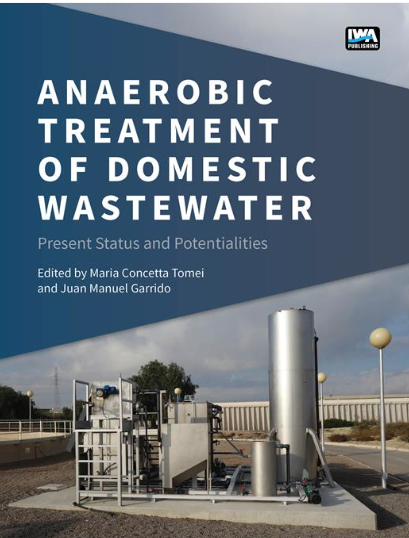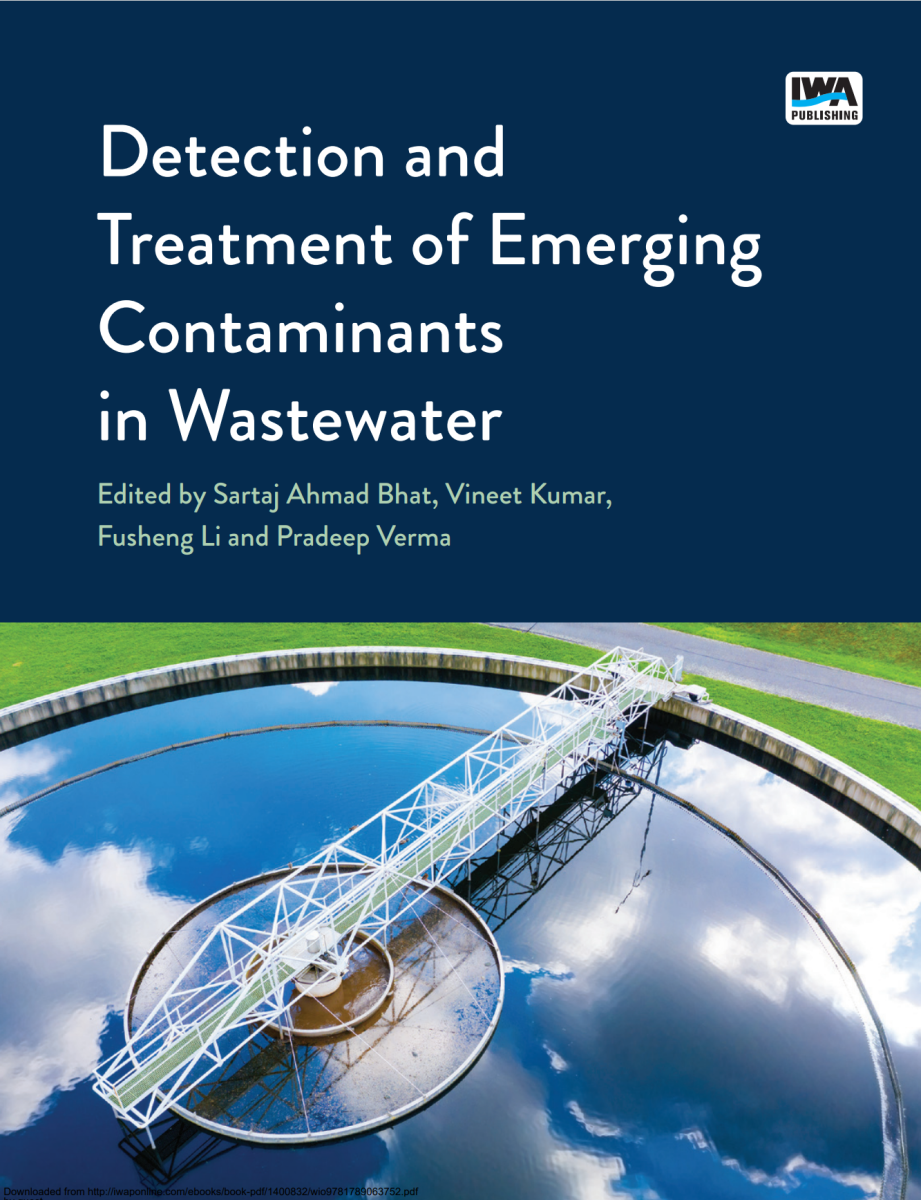Rural waste service delivery is a challenge in all countries of the Danube River basin. Main reasons for this are a lack of financial, technical and staff resources, but also a lack of awareness in society. The recast of the EU Drinking Water Directive and of the EU Urban Wastewater Treatment Directive requires more efforts also in rural areas. However, they also provide more clear guidance for rural areas. The EU Water Reuse
Ordinance provides a legal framework for reusing treated wastewater as alternative water source for irrigation in agriculture.
Operation and maintenance are key for long-term functioning water supply and wastewater treatment systems and thus has to be planned from the start of a project. Local communities should be able to operate the systems, i.e., technologies that are simple and robust and that have low operation and maintenance requirements and costs are required. Experience shows that treatment wetlands - if properly designed, constructed & operated - can achieve the same (if not a better) treatment level as technical solutions. Treatment wetlands have lower operation and maintenance requirements compared to technological solutions and can be designed for specific ware reuse requirements as defined in the EU Water Reuse Ordinance.
Financing rural water service delivery poses a significant challenge for countries. Thus, clear financing strategies and financial support for the countries would facilitate the development and implementation of national action plans to improve access to water service delivery of the rural
population. Besides investment costs which are often supported in the form of subsidies, also coverage of costs for operation, monitoring and maintenance needs to be considered. Subsidies need to consider the different incomes in rural and urban areas, i.e., subsidies in rural areas that are most of the times poorer needs to be higher especially when considering the rural decentralized systems have higher costs per person connected compared to central system.
There are a number of water service delivery models that can be applied. Experience from other countries on successful models can help to develop suitable models for operation, monitoring and maintenance for specific Danube River basin countries, e.g., water and wastewater cooperatives with regional umbrella organisations and/or larger utilities that take over the operation and monitoring of small systems.
Capacity building for safely managed rural service is essential. Training of owners/operators is key for operation, monitoring and maintenance and thus to achieve safely managed rural services.
This report provides a Review of Rural Water Service Delivery in the Danube Region prepared by the ICPDR and World Bank.




